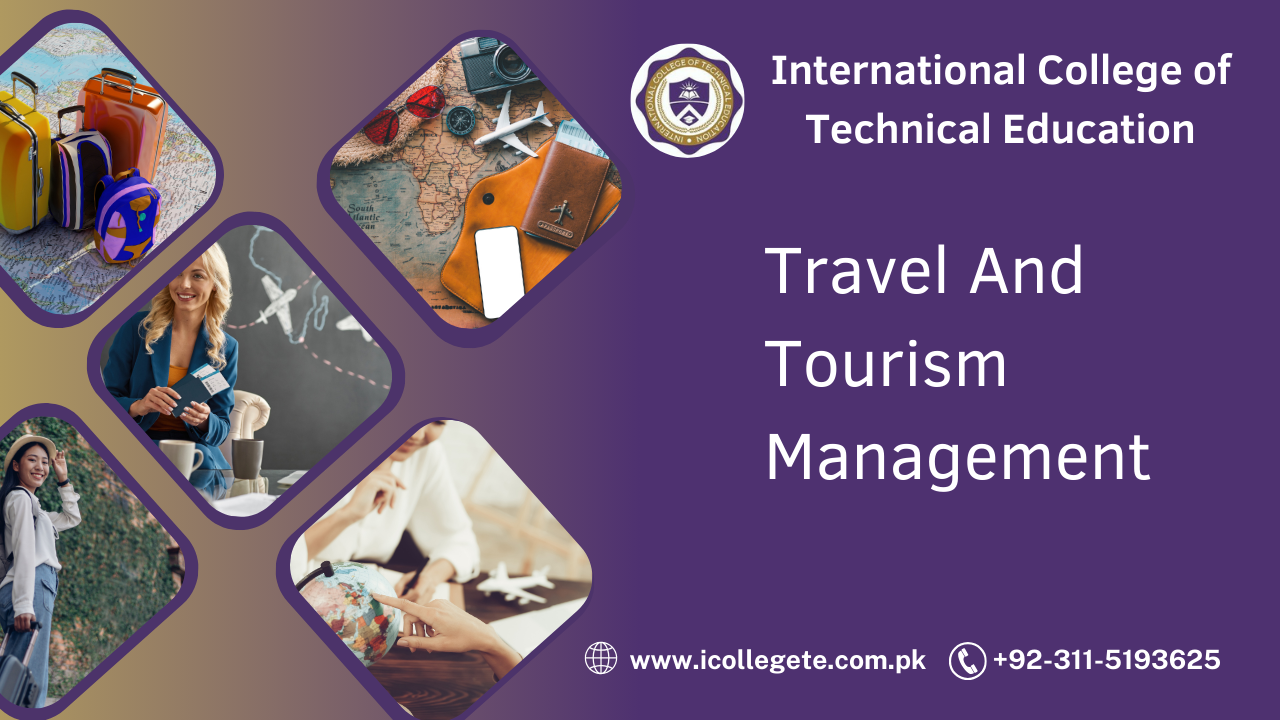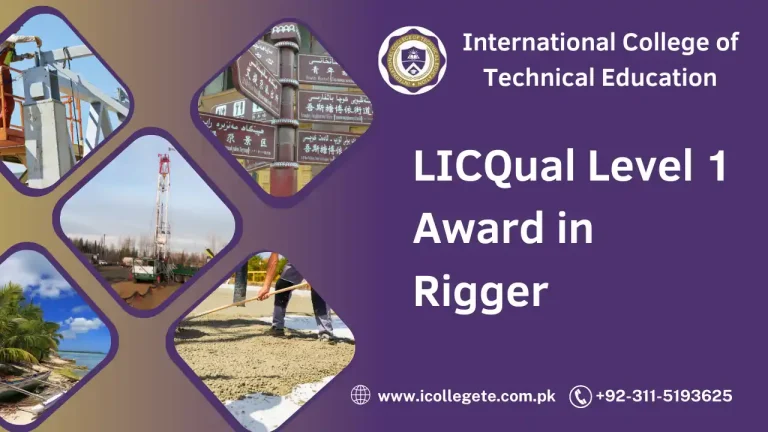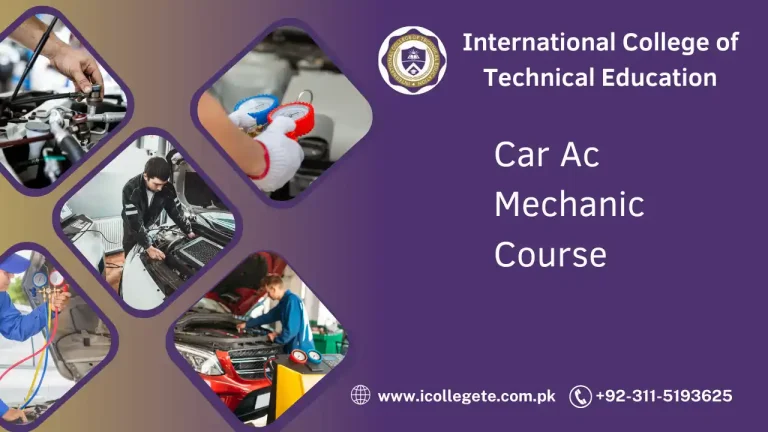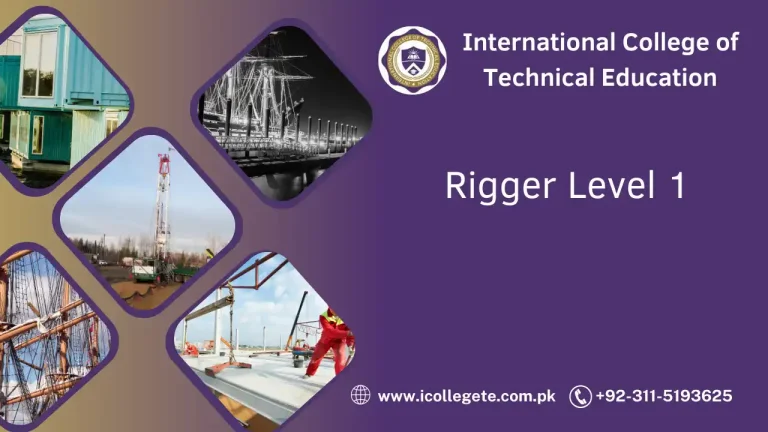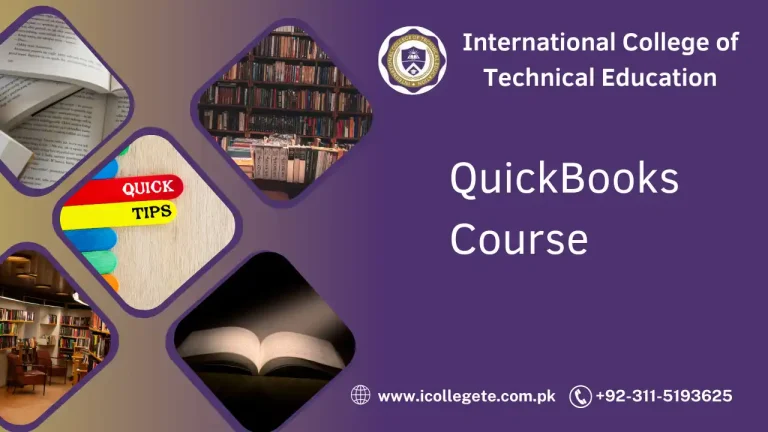The travel and tourism industry is one of the largest and most dynamic sectors in the world, offering exciting opportunities for individuals with a passion for travel, exploration, and hospitality. The Travel and Tourism Management Course in Sargodha is designed to equip students with the essential knowledge and practical skills required to pursue successful careers in this thriving field.
The Travel and Tourism Management Course is designed to provide students with the necessary skills to navigate and excel in the travel and tourism sector. With a focus on both the operational and managerial aspects of tourism, the course aims to equip learners with a solid understanding of the industry’s diverse components. Students will gain insights into tourism marketing, customer service, event management, business operations, and the economic impact of tourism.
By providing a thorough grounding in the practical and theoretical elements of tourism management, this course prepares individuals to meet the challenges of the travel industry, from managing customer expectations to staying ahead of evolving global trends.
Course Overview
This course offers a comprehensive exploration of the travel and tourism industry, providing students with in-depth knowledge of its key areas. The program is designed to combine theoretical lessons with practical applications, giving students the ability to implement their knowledge in real-world scenarios. The Travel and Tourism Management Course covers essential topics such as tourism operations, customer relationship management, travel product development, event management, and sustainable tourism practices.
Students will also gain exposure to various types of tourism, including cultural, adventure, eco-tourism, and business tourism, ensuring they are prepared for the diverse demands of the modern travel market. Additionally, the course emphasizes the importance of digital tools in tourism marketing and the global nature of the tourism business.
Study Units
The Travel and Tourism Management Course typically includes the following study units:
- Introduction to Travel and Tourism
This unit introduces students to the global tourism industry, its key players, and the economic, cultural, and environmental impact of tourism. Students will learn about the various sectors of tourism, including transportation, hospitality, and attractions. - Tourism Marketing and Promotion
In this unit, students will study the various marketing strategies used by tourism businesses to attract customers. Topics include market research, digital marketing, advertising, and branding. Students will also learn about tourism product development and how to position tourism products effectively in a competitive market. - Customer Relationship Management (CRM) in Tourism
This unit focuses on customer service techniques and strategies to build long-term relationships with clients. Students will learn how to manage customer inquiries, resolve complaints, and enhance the overall customer experience in tourism services. - Sustainable Tourism
Sustainable tourism practices are becoming increasingly important in the industry. This unit covers the principles of responsible tourism, including environmental sustainability, cultural preservation, and community involvement. Students will learn how to promote tourism that benefits both tourists and local communities. - Tourism Business Operations
Students will gain practical knowledge about running a travel business, including financial management, human resources, and the day-to-day operations of a travel agency or tourism-related business. This unit prepares students for managerial roles within the tourism sector. - Event Management for Tourism
Event management plays a key role in the tourism industry, from conferences and exhibitions to cultural festivals. In this unit, students will learn how to plan, organize, and execute events that attract visitors, while also managing logistics, budgeting, and marketing. - Tourism Economics
This unit explores the economic impact of tourism on local, national, and global economies. Students will learn about the factors that influence tourism demand, the role of government in regulating tourism, and the economic benefits of a thriving tourism sector. - Legal and Ethical Issues in Tourism
Understanding the legal and ethical framework of the tourism industry is crucial. This unit covers key legal aspects such as travel contracts, insurance, consumer protection laws, and ethical considerations that guide tourism practices. - Tourism Technology and Global Distribution Systems (GDS)
Technology plays a significant role in the modern tourism industry. In this unit, students will be introduced to Global Distribution Systems (GDS) and other technological tools that are used for booking flights, hotels, and tours. Students will also learn how digital platforms are shaping the future of travel.
Learning Outcomes
Upon completing the Travel and Tourism Management Course, students will be able to:
- Understand the structure and function of the global travel and tourism industry.
- Develop and implement effective tourism marketing strategies.
- Manage customer relationships and provide high-quality service in the tourism and hospitality sectors.
- Create and manage tourism products that cater to different types of travelers.
- Promote sustainable tourism practices and contribute to the development of eco-friendly travel options.
- Operate and manage tourism businesses, including financial and operational management.
- Plan and execute events that attract tourists and generate business opportunities.
- Understand the economic, cultural, and social impact of tourism.
- Apply legal and ethical standards in the management of tourism-related activities.
- Utilize modern tourism technology, including Global Distribution Systems (GDS), to manage bookings and customer interactions.
Course Benefits
- Industry-Relevant Skills: The course offers up-to-date knowledge and practical skills that are highly valued by employers in the travel and tourism industry.
- Comprehensive Curriculum: Students gain a broad understanding of all key aspects of tourism management, making them well-equipped for a range of roles in the sector.
- Global Career Opportunities: The tourism industry is global in nature, and this course prepares students for international career opportunities in a variety of tourism-related businesses and organizations.
- Sustainable Practices Focus: The course highlights the importance of sustainability in tourism, providing students with the tools to promote eco-friendly tourism practices that are increasingly demanded by modern travelers.
- Hands-On Learning: Through case studies, projects, and internships, students gain practical experience that helps them apply their knowledge in real-world tourism settings.
- Career Advancement: Whether starting out in the tourism industry or seeking to advance in a current position, this course offers valuable insights and skills that support career progression.
Who Is This Course For?
The Travel and Tourism Management Course in Sargodha is perfect for:
- Aspiring Tourism Professionals: Individuals who are passionate about travel and want to build a career in tourism management.
- Current Industry Professionals: Those already working in the travel, hospitality, or event management sectors who want to deepen their knowledge and improve their skills.
- Entrepreneurs: Individuals interested in starting their own tourism-related business, such as a travel agency, tour operator, or event planning company.
- Recent Graduates: Students who have completed their undergraduate education and are looking to specialize in tourism and hospitality management.
- Travel Enthusiasts: Anyone with a passion for travel who is eager to turn their interest into a rewarding career in tourism management.
Future Progression
Graduates of the Travel and Tourism Management Course can pursue various career paths within the travel and tourism industry, such as:
- Tourism Manager: Oversee operations within a travel agency, tour operator, or tourism-related organization.
- Travel Consultant/Agent: Assist clients in planning their trips, including booking flights, accommodation, and tours.
- Event Manager: Plan and manage events such as conferences, festivals, and exhibitions that attract tourists.
- Marketing Manager for Tourism: Develop and implement marketing strategies for tourism products, services, and destinations.
- Sustainability Specialist: Work with tourism organizations to develop and promote sustainable tourism practices.
- Hospitality Manager: Manage operations in hotels, resorts, and other accommodation providers.
- Tourism Entrepreneur: Start your own tourism business, whether in travel agency services, tour operations, or event management.
Graduates may also choose to pursue higher education in related fields, such as Master’s in Tourism Management or Hospitality Management, to further enhance their qualifications and career opportunities.
The Travel and Tourism Management Course in Sargodha is an excellent choice for anyone looking to build a career in the vibrant and dynamic tourism industry. With its comprehensive curriculum, industry-relevant skills, and a focus on sustainability, this course provides students with the knowledge and expertise needed to succeed in this global sector. Whether you want to work for a leading travel company, start your own business, or promote sustainable tourism, this course will set you on the path to success in the travel and tourism world.

